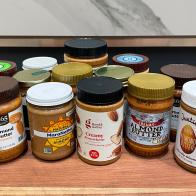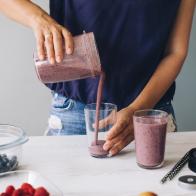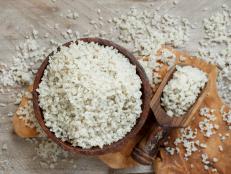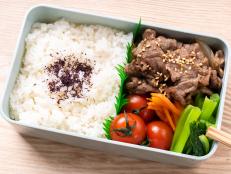4 Key Foods You Need in Your Fourth Trimester
It’s important to focus on rest and repletion during the postpartum period.

shih-wei/Getty Images
The postpartum period, specifically the fourth trimester, refers to the first 12 weeks after childbirth. During this time there are significant physical, hormonal and emotional changes that take place for mothers. Many people feel inclined to resume regular activities soon after birth and ‘bounce back’ to their pre-pregnancy body, however it’s important to focus on rest and repletion during this period.
Pregnancy depletes many nutrient stores as a baby is literally being formed from a mother’s ‘nutrient banks’ and nutrition during pregnancy. Nutrients are also needed to support wound healing and blood loss from labor and delivery. The early days of postpartum are also a time when breast milk is being established, making energy and nutrient requirements during postpartum even higher than pregnancy. Focusing on specific foods during postpartum supports healing, recovery and nutrient repletion. It also supports mood and mental well-being to reduce risk for postpartum depression. Nourishing your body during postpartum helps you have more energy, better mood, quality sleep and faster recovery time from pregnancy and childbirth.
The traditional approach to postpartum from various cultures around the globe emphasizes 40 days for rest and recovery, with a focus on replenishing nutrient stores from specific foods with help from loved ones. Here are four foods to focus on during the fourth trimester:

yipengge/Getty Images
Warming Foods
Warming foods refer to foods that are typically served hot, such as bone broth, slow cooked meats, cooked vegetables, soups, stews, curries, herbal teas, and porridges. It also includes meals with warm spices like cinnamon, cloves, ginger, cardamom, caraway seeds and turmeric. These foods are easier to digest and are more easily tolerated compared to cold foods like salads, cut up vegetables or cold meats. Warm foods are also typically nutrient-dense with micronutrients and offer comfort during a time where healing and recovery are emphasized.
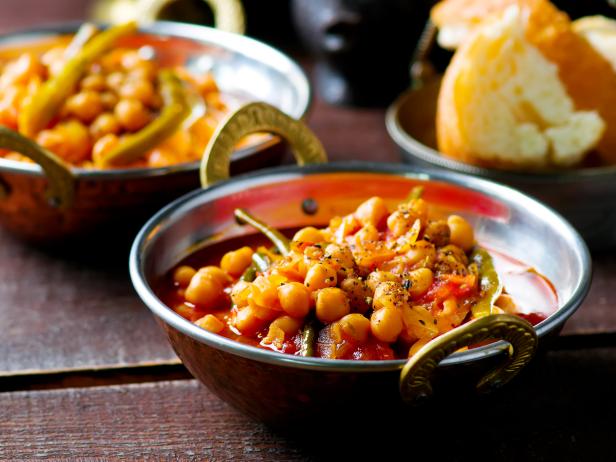
Zoryana Ivchenko/Getty Images
Protein Foods
Protein foods provide amino acids, which are the building blocks for tissue repair after delivery. Animal foods like red meat, slow-cooked meat and bone broth are rich in the amino acid glycine and proline, which the body uses to make collagen needed for recovery. Animal meats and organ meats are also an excellent source of iron and B12, which help recover blood loss and create red blood cells to reduce risk for anemia. Eggs and seafood are also excellent sources of protein and provide nutrients like iodine, B vitamins, zinc, choline and omega 3 DHA fats, which support healing and breastmilk production. Other protein-rich foods include nuts, seeds, Greek yogurt, beans and lentils.

yamasan/Getty Images
Electrolytes and Fluids
Electrolytes are your body’s ‘spark plugs,’ essential minerals that support all your body’s functions including fluid balance and hydration of cells. They also support nutrients getting into cells for energy and hormone balance. It’s essential to replace electrolytes and fluids lost during labor and delivery to support recovery. Electrolytes and fluids are also needed for breast milk production and supply. The main electrolytes are sodium, potassium and magnesium and can be found in foods such as bananas, sweet potato, coconut water, dill pickles, sea vegetables, spinach, pumpkin seeds, black beans and nuts. Bone broth is especially rich in electrolytes and provides additional fluids to meet your hydration needs. Other fluids include herbal teas, soups, smoothies, fruit, coconut water and mineral drinks.
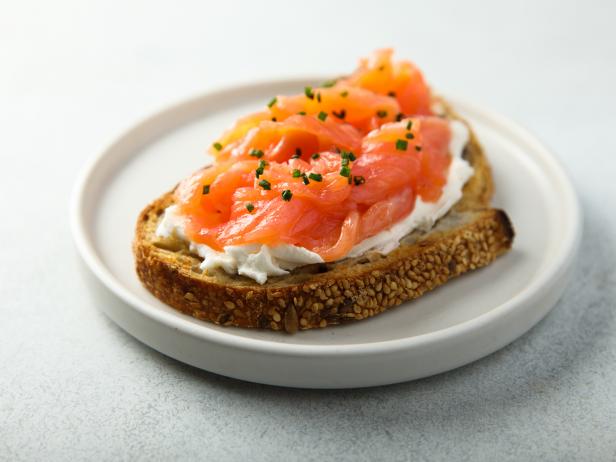
Mariha-kitchen/Getty Images
Foods Rich in Omega-3 Fats
Foods rich in omega-3 fats, specifically DHA (docosahexaenoic acid) are essential during the postpartum period to support maternal mental health and the baby’s development. They play a role in improving mood, reduce risk for postpartum depression and support the baby’s brain growth and development through breast milk. Omega-3 fats also reduce inflammation in the body after childbirth and support recovery. Foods rich in omega-3 DHA fats include fatty fish such as salmon, sardines, trout and canned ‘light’ tuna. You can also find DHA in some fortified foods like DHA-fortified eggs, orange juice and milk or algae oil. If you are unable to eat two servings of fish per week (six to eight ounces total), then consider taking a fish oil supplement or algae-based supplement to meet your needs.
Related Content:


















